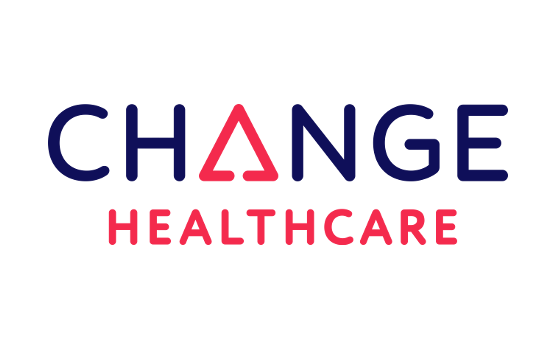 Delegates at the UK Imaging & Oncology Congress (UKIO) will be able to engage with global healthcare technology specialist Change Healthcare in June, around some of the biggest challenges facing diagnostic imaging and radiology in the NHS.
Delegates at the UK Imaging & Oncology Congress (UKIO) will be able to engage with global healthcare technology specialist Change Healthcare in June, around some of the biggest challenges facing diagnostic imaging and radiology in the NHS.
Change Healthcare, which works with trusts throughout the NHS, is known for one of the largest technology deployments of its kind in the world, providing a country wide picture archiving and communication system, or PACS, for Ireland’s National Integrated Medical Imaging System (NIMIS), and most recently taking Cambridge University Hospitals NHS Foundation Trust live with its enterprise imaging technology in January 2019.
The organisationprovides cardiology technology toaround 70% of NHS trusts in England, works with a growing number of UK trustsin enterprise medical imaging, and has helped to solve challenges for diagnostic teams in more than 3,000 imaging facilities worldwide.
Senior members of the Change Healthcare team will be available throughout the UKIO congress, being held in Liverpool from 10-12 June 2019, to discuss real challenges and developments facing the NHS, ranging from advances in artificial intelligence through to navigating region wide approaches to diagnostics. Throughout the world the technology specialist supports more than 100 enterprise scale, multi-hospital imaging programmes, and will be on hand to share lessons.
Richard Turner, executive director, international operations at Change Healthcare, said: "UKIO is great opportunity for us to continue to engage with people at the forefront of imaging and oncology in the NHS. Sharing best practice is key to realising ambitions around early and effective diagnoses, and in enhancing the diagnostic capability of the health service.We look forward to learning more from delegates around their priorities in this rapidly evolving environment andsharing our experiences from working with healthcare providers in the NHS and around the world."
UKIO is the new permanent amalgamation of two well-known conferences - the UK Radiological Congress (UKRC) and the UK Radiation Oncology Conference (UKRO). It is organised by the Radiology Oncology Congresses, a charitable partnership of the British Institute of Radiology, The Institute of Physics and Engineering in Medicine, and The College of Radiographers.
Change Healthcare will available for discussion on stand97 and will address the conference. DrPatrick McLaughlin, chief medical officer, Change Healthcarewill discuss future directions in PACS based pedagogy at 4.45pm on Tuesday 11 June in in Exhibition Hall Lecture Theatre 1.
UKIO will be held from 10-12 June at ACC Liverpool. Full details can be found at https://www.ukio.org.uk
About Change Healthcare
Change Healthcare is a catalyst for your value-based healthcare system. We are a healthcare technology company that offers software, analytics, network solutions, and technology-enabled services to help create a stronger, more collaborative healthcare system. We help deliver measurable value not only at the point of care, but also before, after, and in between care episodes.